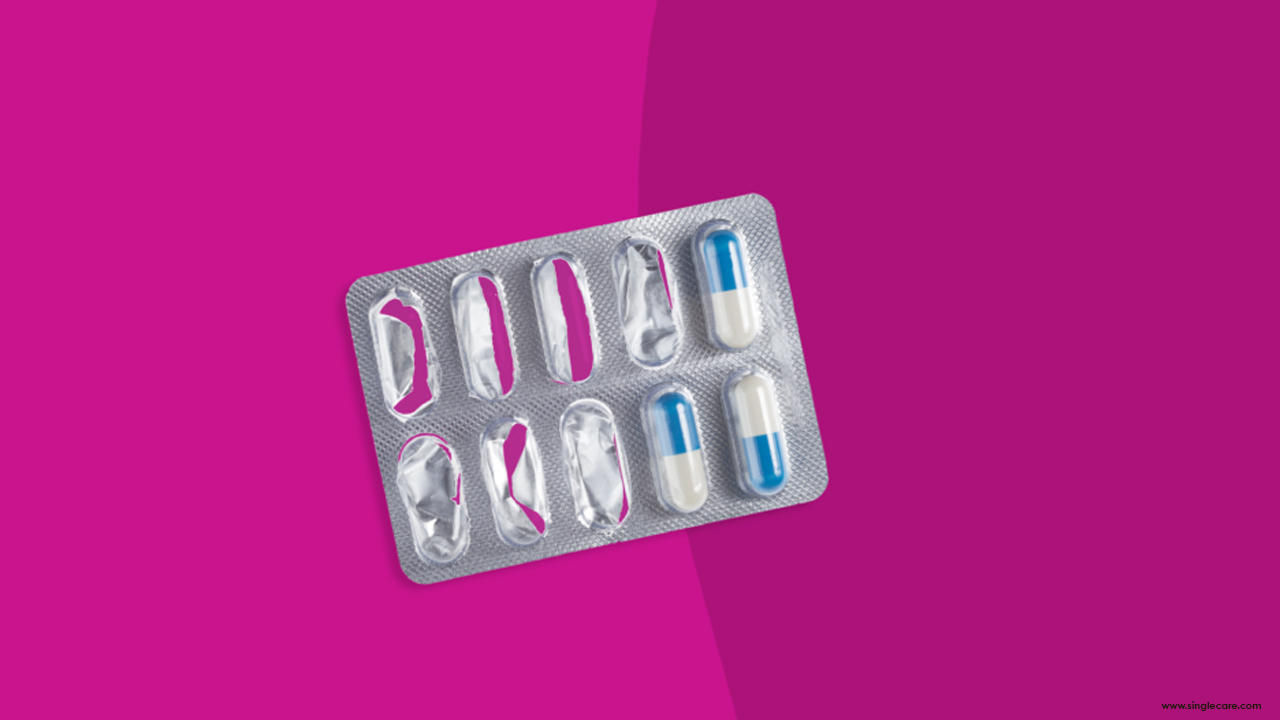Rheumatic heart disease is a condition in which the heart valves have been permanently damaged by rheumatic fever. The damage is initiated soon after untreated or under-treated streptococcal infection such as strep throat or scarlet fever.
Rheumatic heart disease is caused by rheumatic fever, an inflammatory disease that can affect many connective tissues, especially in the heart, joints, skin, or brain. The valves of the heart become scarred over time. This causes narrowing or leaking of the heart valve making it harder for the heart to function normally.
India is home to 40% of all people living with Rheumatic Heart Disease (RHD). Of the estimated 33 million people with RHD, 13.2 million live in India. Likewise, in the year 2015, of the 3,47,000 deaths due to RHD worldwide, nearly 1,20,000 (over a third) are estimated to have occurred in India. Apart from this, another concerning matter is the below-average pace of reduction in prevalence and mortality. During the 25-year period from 1990 to 2015, the age-standardized mortality due to RHD worldwide fell from 9.2 to 4.8 per 1,00,000 population, a reduction of nearly 48%. But, the reduction for India is a mere 18% (from 15.5 to 12.7 per 100 000 population).
Untreated or under-treated strep infections increase the risk of developing rheumatic heart disease.
Symptoms of rheumatic fever
- Fever
- Swollen, tender, painful, red joints — particularly the knees and ankles
- Nodules (lumps under the skin)
- Shortness of breath and chest discomfort
- Uncontrolled movements of arms, legs, or facial muscles
- Weakness
Symptoms of RHD
- Shortness of breath
- Chest pain
- Swelling
Serious complications of RHD
- Heart failure
- Complications in pregnancy and delivery
- Ruptured heart valve
- Bacterial endocarditis
Tips to prevent RHD
Rheumatic heart disease can be prevented by avoiding/preventing strep infections or doing their full treatment course with antibiotics whenever they do occur. Antibiotics should never be missed and one should always complete the course as instructed by the physician even if you feel better or recover after a few days. Not doing so will make your body resistant to those antibiotics which will not be good for you.
Practicing good hygiene can reduce the chances of any bacterial infection. It will also help you as it will stop the spread of infections to someone else. Wash your hands often with soap and water. Cough or sneeze into a tissue or use your upper elbow and not your hands. Throw away the used tissue only into the dustbin.
(Disclaimer: The content on this site is for informational purposes only, and should not be taken as professional medical advice. Always seek the guidance of your doctor or other health professionals for any questions you may have regarding your health or a medical condition.)

 Serious complications like RHD can occur when a streptococcal infection such as strep throat or scarlet fever is left untreated or undertreated. It mostly affects children. Completing the full course of antibiotics for any bacterial infection is the only way to prevent such infection.
Serious complications like RHD can occur when a streptococcal infection such as strep throat or scarlet fever is left untreated or undertreated. It mostly affects children. Completing the full course of antibiotics for any bacterial infection is the only way to prevent such infection.










.jpeg)

.jpeg)










.jpg)




.jpg)

